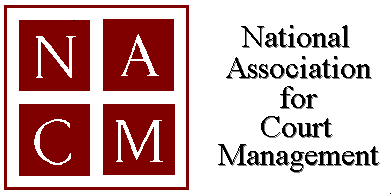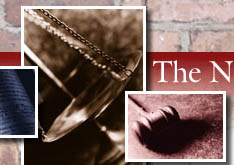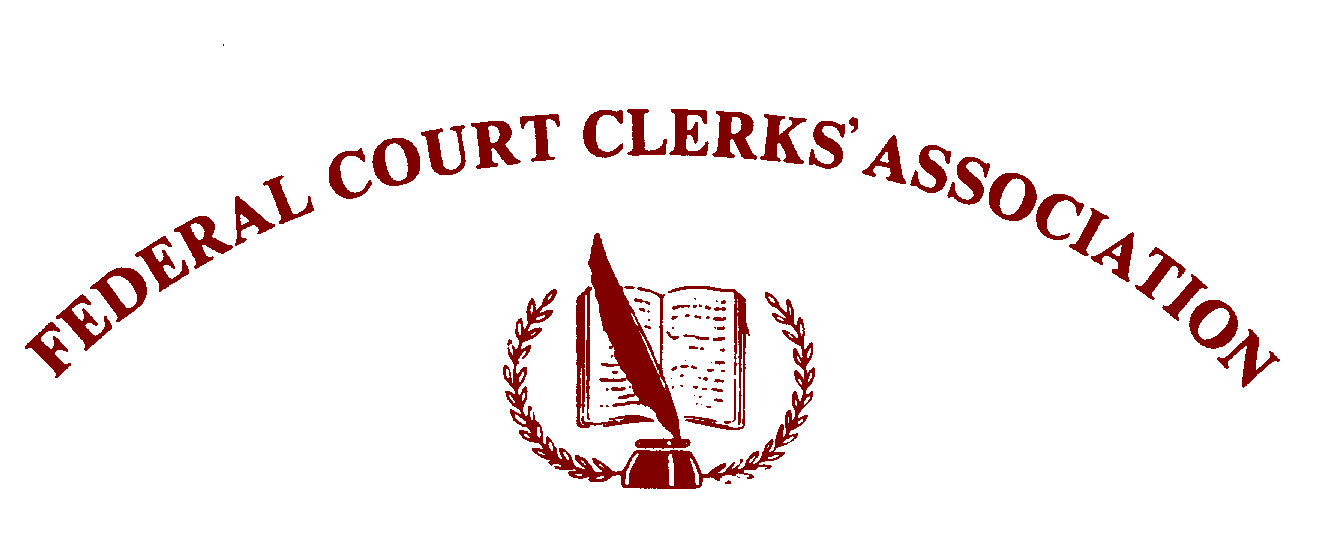
COURTS
Impression-
Truth compromised with regularity during trial,
plea bargaining, and appellate stages.
Remove: Impediments to truth in judicial process
Adversary system: desire to win
Restraints & Problems: Exclusionary Rule
Battle of expert witnesses
COURTS AND POLICYMAKING
SOLUTIONS:
Dissatisfaction with the courts
JUDICIAL ADMINISTRATION
Sub branch of Public Administration
Many court administrators: uncertain of their duties
Administrators-help new judges adapt to role
JUDGES-ultimately responsible for Court administration
Court Personnel Roles and Functions
CASE management-administrative function
JUDICIAL ADMINISTRATION-vs COURT ADMINISTRATION
SHAPING OF JUDGES ATTITUDES
Recruited from locality in which they serve-biases, values, perceptions
affect decisions
Most judges in one survey found to have difficulties assuming
administrative duties due to:
Takes about 4 years to get full feel of docket.
Question: Given the above
factor, what are its implications,
considering that the typical four year term of office for
elected judges?
Most new judges experience STRESS
Cause of some difficulties:
Little exchange of info between trial and appellate
judges-Review why?
Judges rely on their court staff to teach them the ropes
when first appointed.
Presiding judges-manage
personnel and dockets, assigning
cases and judges, budgets, coordinating judicial schedules,
drafting local court rules, interface with media etc.
Some duties delegated to professional (non-judge) court
administrator if there is one. Which duties this involves,
is up to the presiding judge.
Chief or presiding judge-position usually based on seniority
Consider impact on court administrator-if large turnover
of presiding judges-difficulty in having to adapt to different management styles
and delegating norms with each new
presiding judge.
Judges-historically ineffective managers
JUDGES EXIST TO HEAR CASES- not trained in court management
NATIONAL JUDICIAL COLLEGE:
Courses-two days to three weeks
 |
|
NOTE: Check the curriculum and the extent to which it offers training in the specific areas mentioned as duties of court administrators!!!
COURT CLERKS-elected in 44
states-problem with training,
since they are elected officials.
 |
Court Clerks can be De Facto Administrators and handle:
Note the potential for conflict
between court administrators
and court clerks, when they co-exist.
COURT ADMINISTRATORS-position came about in 1960's
Statewide court administration position in all states
Big Question: What should their QUALIFICATIONS be??
Law degree vs Business Administration
SURVEY OF COURT ADMINISTRATORS:
Six major duties
![]() Other terms
for Court Administrators:
Other terms
for Court Administrators:
CALIFORNIA: Various types of court administrators/coordinators
can be
found in the GOVERNMENT
CODE, including job descriptions, salaries,
and jurisdictions in which such positions are authorized.
Also, check some of the links to specific
California Courts
Problem:
JUDGES/COURTS RESIST BUREAUCRACY-
Important Concepts, Key Terms, and Information
| Courts as organizations are less bureaucratic than other C.J. agencies | |
| Judges typically are not good managers | |
| Court Administrators typically are appointed by the judges of the court | |
| Court Administrators have no power over elected court clerks or elected judges | |
| The duties of a court administrator are not fixed and can be changed by the judges | |
| A graduate degree in public administration is the best background for a court administrator | |
| Budget and training/selection of non-judicial personnel is typically handled by a court administrator | |
| Dissatisfaction with the courts primarily involves delays, unjust decisions, and court costs | |
| The adversary system of justice impedes the search for truth in criminal trials | |
| The hardest part of being a judge is the sentencing of criminals | |
| Mechanisms to reduce frivolous lawsuits are available but not popular with attorneys | |
| An expert witness can usually be found to testify on behalf of any side in a civil or criminal trial | |
| Court clerks typically maintain court records and handle jury selection and fee collection | |
| The chief or presiding judgeship is typically based on seniority alone |